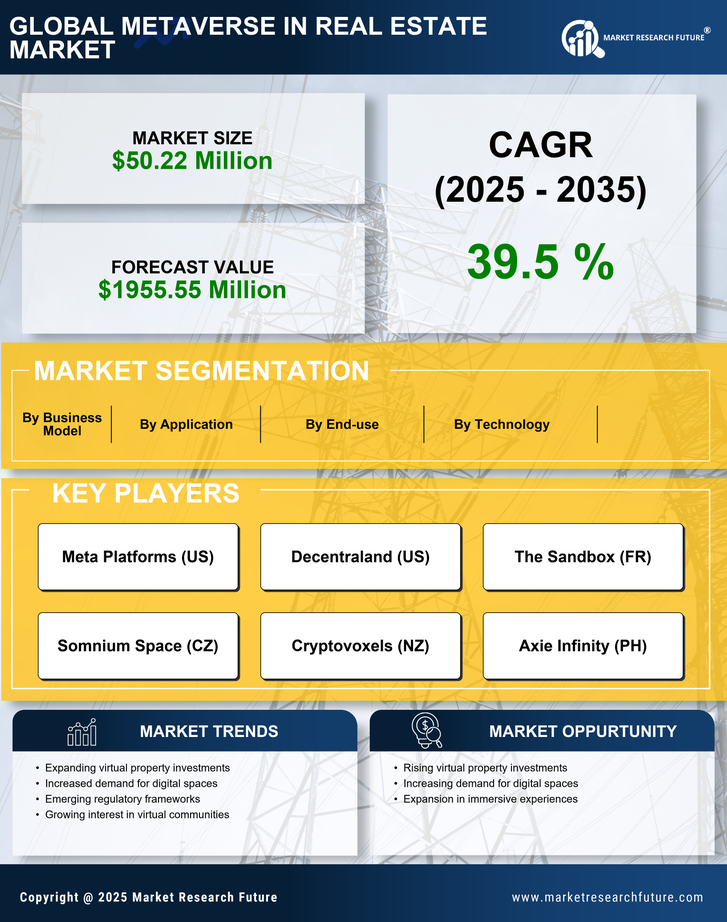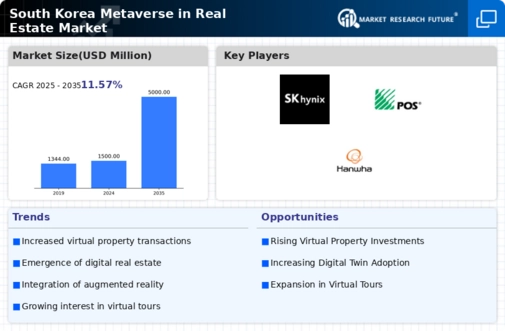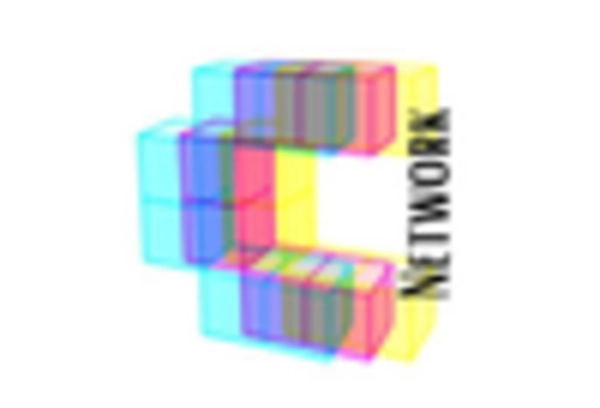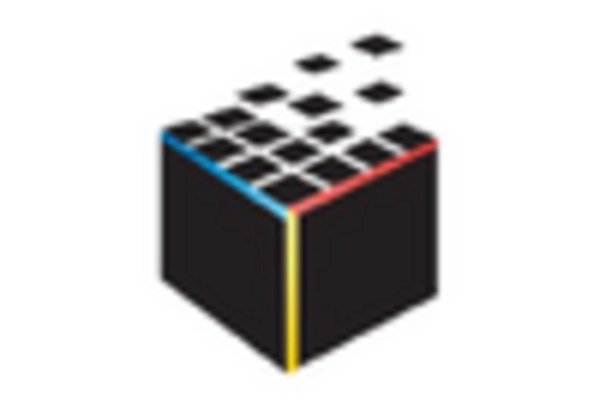Rise of Digital Ownership and NFTs
The concept of digital ownership through non-fungible tokens (NFTs) is gaining traction within the metaverse in-real-estate market. In South Korea, the legal framework surrounding digital assets is evolving, which may facilitate the use of NFTs for property transactions. This shift could potentially streamline the buying process, as NFTs provide a secure and verifiable method of ownership transfer. Recent data suggests that the NFT market in South Korea has grown by over 50% in the last year, indicating a robust interest in digital assets. As more real estate developers and investors recognize the benefits of NFTs, the metaverse in-real-estate market may see increased activity and investment.
Government Support for Digital Innovation
The South Korean government is actively promoting digital innovation, which significantly impacts the metaverse in-real-estate market. Initiatives aimed at fostering technology adoption and supporting startups in the digital space are likely to create a conducive environment for growth. Recent government reports indicate an investment of over $200 million in digital infrastructure, which may enhance the capabilities of virtual real estate platforms. This support could lead to improved accessibility and functionality within the metaverse, attracting more participants to the market. As government policies continue to evolve, the metaverse in-real-estate market may benefit from increased legitimacy and investment opportunities.
Increased Interest from Younger Generations
Younger generations, particularly millennials and Gen Z, are showing a heightened interest in the metaverse in-real-estate market. This demographic is more inclined to engage with digital platforms for property transactions, driven by their familiarity with technology and online environments. In South Korea, surveys indicate that approximately 60% of individuals aged 18-34 are open to purchasing virtual properties. This trend suggests a shift in consumer behavior, where traditional real estate models may be challenged by the allure of virtual investments. As this demographic continues to grow, the metaverse in-real-estate market is likely to adapt to their preferences, potentially leading to innovative marketing strategies and property offerings.
Technological Advancements in Virtual Reality
The metaverse in-real-estate market is experiencing a surge in technological advancements, particularly in virtual reality (VR) and augmented reality (AR). These innovations enhance user experiences, allowing potential buyers to explore properties in immersive environments. In South Korea, the adoption of VR technology in real estate transactions has increased by approximately 30% over the past year. This trend indicates a growing acceptance of virtual property tours, which can significantly reduce the time and costs associated with traditional viewings. As more developers integrate these technologies, the metaverse in-real-estate market is likely to expand, attracting tech-savvy investors and buyers who seek innovative solutions in property acquisition.
Integration of Social Experiences in Virtual Spaces
The integration of social experiences within virtual spaces is becoming a pivotal driver in the metaverse in-real-estate market. In South Korea, platforms that facilitate social interactions in virtual environments are gaining popularity, as users seek community engagement alongside property investment. This trend is reflected in the rise of virtual events and gatherings, which enhance the appeal of virtual properties. Data suggests that platforms incorporating social features have seen user engagement increase by approximately 40% in the past year. As the demand for social connectivity in virtual spaces grows, the metaverse in-real-estate market may evolve to offer more community-oriented developments, attracting a broader audience.

















